Iran Press/ Iran news: The literature of Persia is among the oldest in the world, spanning thousands of years, and has influenced the literary works of many other cultures. Persian literature, the body of writings in New Persian (also called Modern Persian), is composed in the form of the Persian language written since the 9th century. The literary form of New Persian is known as Farsi in Iran, where it is the country’s official language, and as Dari in Afghanistan, where it and Pashto are official languages.
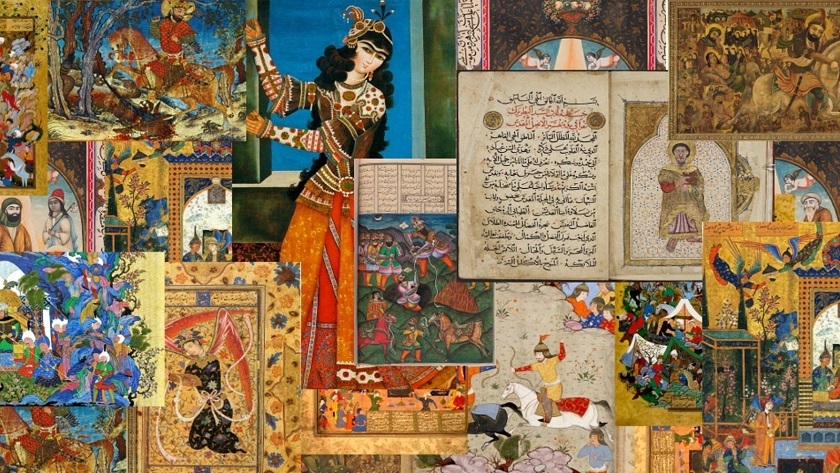 The literature of Persia is among the oldest in the world
The literature of Persia is among the oldest in the world
Persian Literature, Poetry:
Persian literature, the body of writings in New Persian (also called Modern Persian), is composed in the form of the Persian language written since the 9th century. The literary form of New Persian is known as Farsi in Iran, where it is the country’s official language, and as Dari in Afghanistan, where it and Pashto are official languages. It is written with a Cyrillic alphabet by Tajiks in Tajikistan and Uzbekistan. For centuries New Persian has also been a prestigious cultural language in western Central Asia, on the Indian subcontinent, and in Turkey.
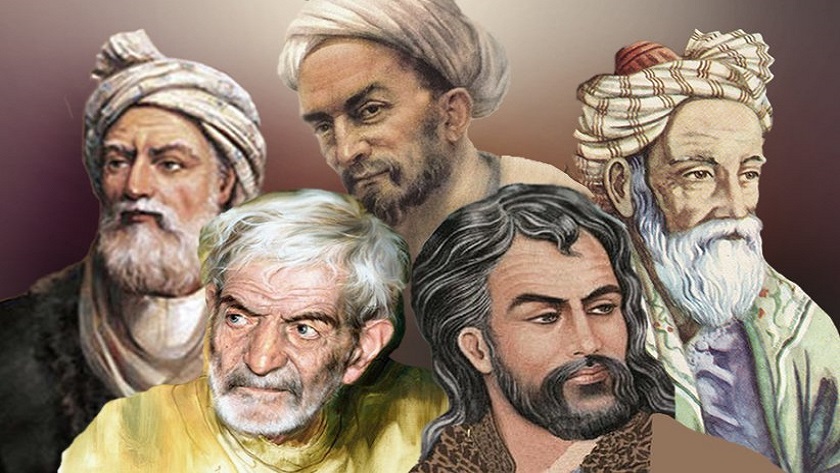 Persian literature is rich in brilliant poets
Persian literature is rich in brilliant poets
Poetry remained a prominent form of literature in Iran through the early 21st century. Following various international trends in poetic expression, many different schools of poetry further developed the modernist principles introduced by Nima Yushij. Of the great classical poets, Omar Khayyam and Ḥafeẓ in particular survived as respected figures from the past who are today still considered to be relevant to modern poets.
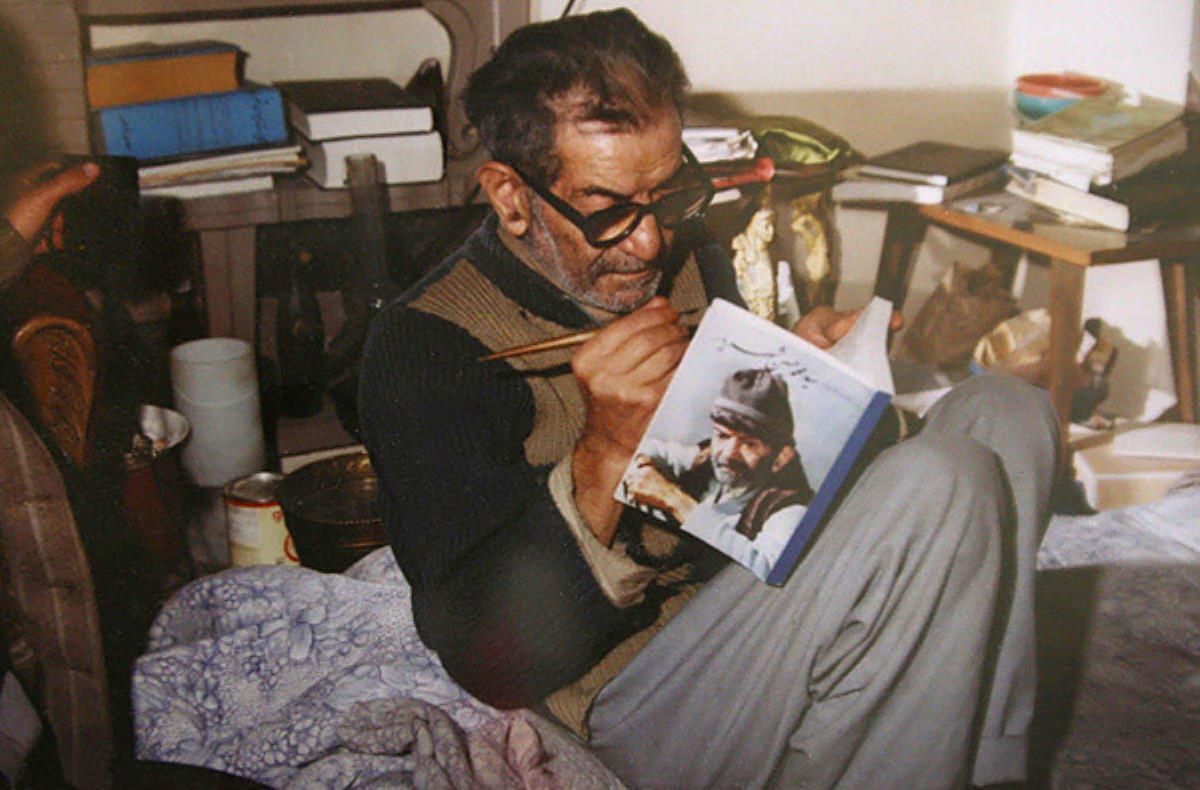 Shahriar is a prominent figure in modern Persian poetry
Shahriar is a prominent figure in modern Persian poetry
Shariar; Iran's Modern Poetry
Shahriar was the son of Sayyed Esmayeel, known as Mir Aqa, a calligrapher and erudite man. His childhood years coincided with the social and political unrest of the Constitutional Revolution that had prompted the family to relocate to rural areas as a preemptive security measure. Thus, Shahriar’s education began at a Maktab (the traditional elementary school) and then continued at the Talebiyeh School in Tabriz. He also studied Arabic literature and French with a private tutor. His school years in Tabriz brought him into contact with friends, classmates, and teachers.
Shahriar Poetry
Shahryar’s passion for poetry was recognized at an early age. While still in high school in Tabriz, his first poems appeared in Adab, the school’s journal, under the pen name Behjat. Although his verse has taken diverse forms throughout his life, he composed some of his most appreciated poems in the traditional genre of ghazal.
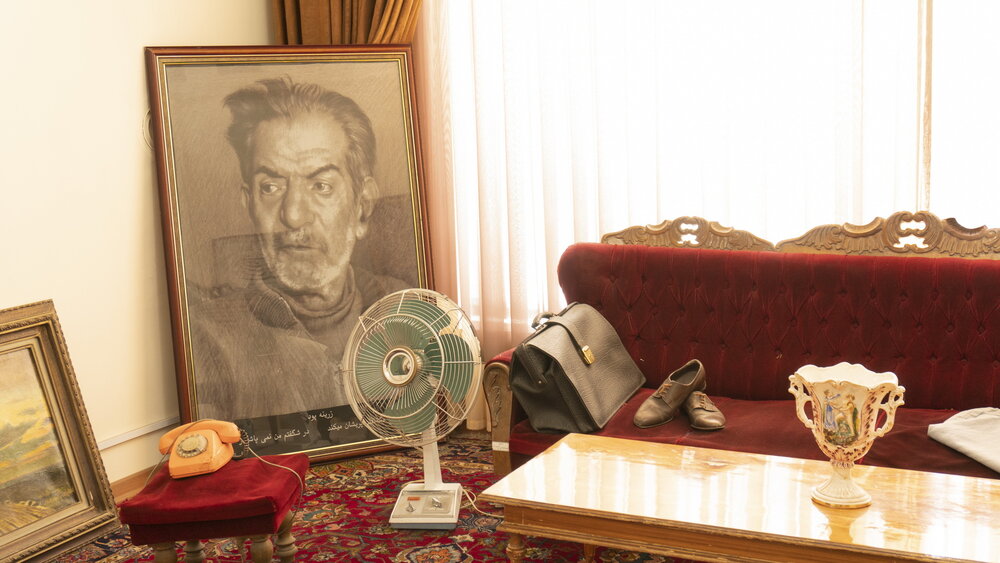 Shariar house now serves as museum in his honor
Shariar house now serves as museum in his honor
Shahriar published his first book of poems in 1929, with prefaces by Mohammad Taghi Bahar, Saeid Nafisi, and Pejman Bakhtiari. His poems are mainly influenced by Hafez. His most famous poem, “Heydar Babaya Salam”, is considered to be among the best modern poems in the Azari language and has been made into a few plays.
Shahriar wrote many various forms of verse, including lyrics, quatrains, couplets, odes, and elegies. His works have also been turned into music by renowned Iranian musicians such as Rouhollah Khaleqi.
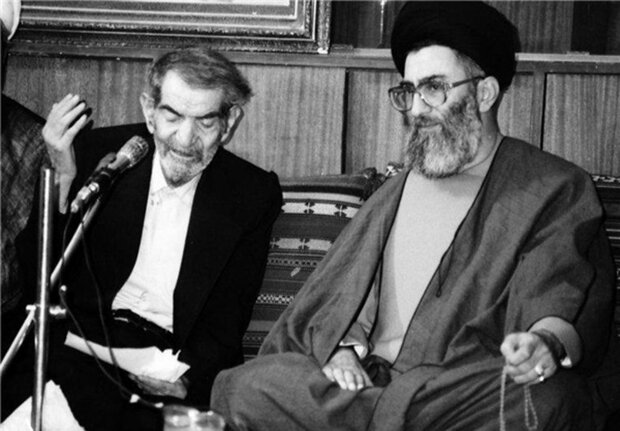 Iran's Leader and Shariar
Iran's Leader and Shariar
The Leader of the Islamic Republic described Shahriyar as a sincere, humble, upright, high-principled, and pious personality who was never willing to put his poetry at the service of those wielding power and authority in society. He also referred to Shahriyar's love for and devotion to the holy Prophet of Islam and his household (peace and greetings be upon them).
Related News: Iran: National Day of Persian Poetry and Literature
"Shahriyar's poems about Commander of the Faithful Imam Ali-ibn-Abi Taleb (peace be upon him) and also about Master of the Martyrs Imam Hussein-ibn-Ali (PBUH) clearly indicate this love and devotion. Besides, after the victory of the Islamic Revolution in Iran, Shahriyar composed some poems about the revolution and also in praise of the Basijis, who made great self-sacrifice in the course of the Sacred Defense, without any expectations," Ayatollah Khamenei pointed out.
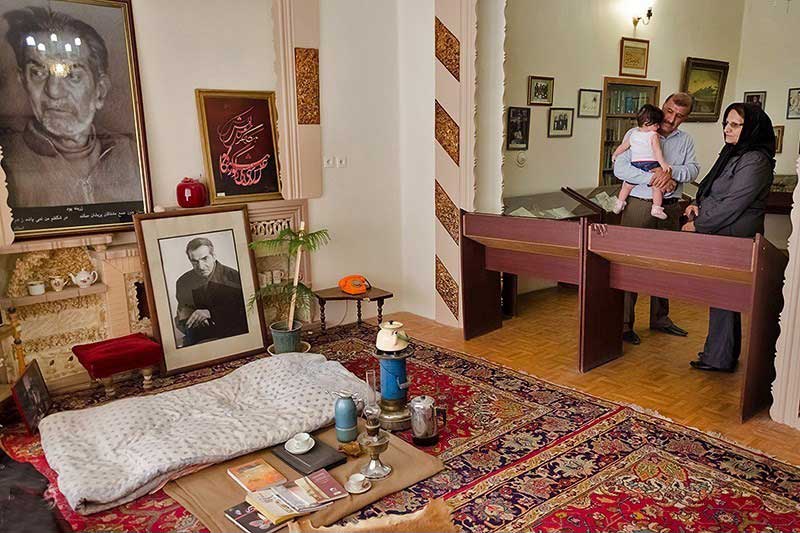 Shariar House is now a museum
Shariar House is now a museum
Shariar Legacy
Shahriar's poetry represents the rich and sophisticated art of Iran, which has been able to gain a spiritual and artistic miracle by combining freedom and religion and composing poems in Persian and Turkic languages.
Shahriar is known not only in Iran but also worldwide, as the theme of his poetry is wisdom and knowledge, he said, describing him as one of the forerunners of the development of modern Persian poetry.
Read More:
Persian Literature; what Iran is known for
Birth anniversary of Nima Yooshij; Founder of modern Persian poetry
Ashkan Salehian

